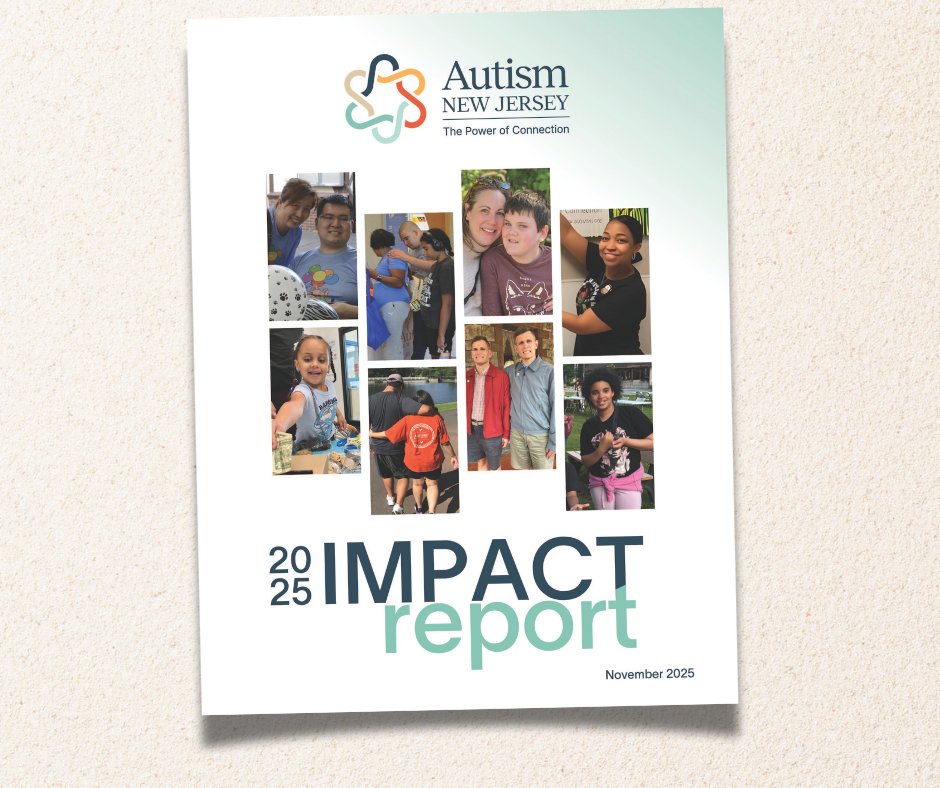
Among the most contentious issues in a divorce between parents of a child with autism can be the question of finances. While each case is unique, there are often certain general principles to consider.
When there are two identified parents of a minor child, generally each parent has a financial obligation to contribute to the child’s support in a manner reasonably consistent with their economic abilities and resources. Many states have child support guidelines, which help establish what a parent’s base child support obligation may be. A court, however, may have the discretion to deviate from or adjust a child support guideline award. For example, if there are special circumstances, such as extra costs and expenses for a child with a developmental disability, those extra costs may warrant either an increased child support award or additional contribution from both parents toward special expenses, provided the parents have the ability to reasonably contribute additional funds.
For example, additional expenses which may relate to a child’s developmental or unique needs might include out-of-pocket costs of additional therapies, special educational supplies, summer camps for children with special needs, etc. Other autism-related expenses may also constitute reasonable additional costs.
In some contexts, a child with autism may have some educational costs paid by the school district under IDEA as part of an IEP. It is also possible that a health insurance plan may pay for medically necessary treatment . However, even after considering what a school district and insurance carrier may each provide or contribute, it is possible in many cases that parents of children with autism to still have additional and reasonable out-of-pocket costs. Therefore, if the child’s parents are separated or divorced, there may be a valid issue as to what if any additional financial contribution a non-custodial parent may pay to help contribute to or defray some of these expenses.
It should also be noted that a child’s autism or other developmental disability may be relevant to other financial issues in a divorce, such as spousal support (if recognized in the applicable jurisdiction) or division of marital assets and debts.
-
- Example 1 | If one parent must be a full-time caretaker for the child due to the child’s disability and cannot work, this may be a consideration for a court with discretion to award alimony if the court finds that criteria for alimony exist in the case.
- Example 2 | If one parent is caring for the child, and the child is doing well in school in a special education program in the district where the marital home is located, a court may consider allowing the child and the parental caretaker to live in the house for some specified period to maintain the child’s educational placement of time as opposed to selling the house during or following the divorce. Whether the marital home should be sold, and when, and at what price, are highly contested in a divorce, as the house is often the most valuable asset that the parties own.Respite may also constitute a reasonable additional cost in some cases.
For more information about the child support guidelines, alimony, and equitable distribution, watch the following clip from When Parents Separate or Divorce: Addressing Issues Concerning A Child with Autism. This video was presented by the State Library of New Jersey in 2021 and is publicly available.
It is important for parents of a child with special needs to become familiar with the potential benefits of creating a Special Needs Trust (SNT). An SNT may help parents provide money and other resources to the child later in life without disqualifying the child from financial benefits under government assistance programs such as Social Security Income (SSI), Medicaid, etc. There are other types of relevant accounts as well, but for starters, it is appropriate for separating or divorcing parents to at least learn some basic information about how an SNT works, perhaps by consulting with an attorney who practices estate planning and has experience with SNTs. For more information on SNTs, read the Autism New Jersey article Notes, Buckets, and Beneficiaries.
A financial professional may be helpful in providing guidance on creating and executing the right financial plan for a family of a child with special needs. That includes when an SNT might be used and the best ways to fund it, as well as how to maximize benefit eligibility. You can find a list of financial planners in Autism New Jersey’s free, online referral database*.
For more information on this topic and many others please call our 800.4.AUTISM Helpline. Like many specialty areas, family law is an area where the intersection of professional experience and autism expertise is rare. If families have had good experiences working with professionals in this area, we’re always looking to grow our referral database. Please email us at information@autismnj.org.
The author, Lawrence R. Jones, is a former Judge of the New Jersey Superior Court who retired from public service in 2017. He has been an educator and a leading voice on issues concerning family court and children with autism for many years. He is also the father of two children with autism. He presently teaches at the University of New Mexico and has annually presented programs in New Jersey and nationally on this topic. The author practices online mediation and has historically worked with separated and/or divorced parents to deescalate conflict and helps them put their children’s needs first. He is also the author of our articles:
*Disclaimer: Autism New Jersey maintains these referral lists as a service to families. Neither the author of this article nor Autism New Jersey endorses or claims to have personal knowledge of the abilities of those listed. We urge you to make independent judgment when selecting a professional to assist you.









